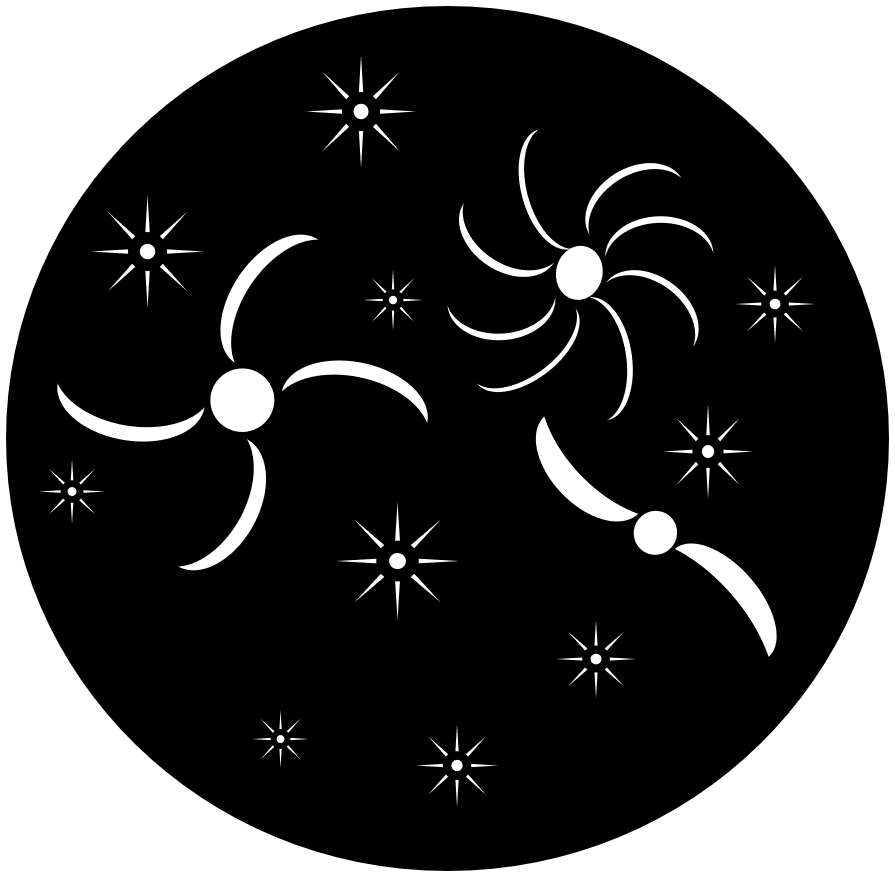
It’s not exactly a new concept, or even an unusual one, but so often it is poorly done. This idea that we could in some way exchange energy or material with another universe, and thus circumvent the limitations imposed by our own laws of physics, pops up periodically even in serious scientific literature, and is the premise underlying The Gods Themselves. If anyone could write a compelling and insightful science fiction treatment of the concept, I thought that it would be Asimov. I was wrong.
Never one to miss an opportunity to ramble about theoretical astrophysics, I’ll start be explaining what this idea is, and why it enjoys a certain degree of sustained interest. Thermodynamics inform us that our universe is conservative, and thus far we have found little cause to doubt that the rules of conservation of energy and matter, or the principles of entropy, are flawed. In physics therefore, as in economics, there is no such thing as a free lunch. Since our demands for energy are insatiable, ideas that allow us to steal lunch from another universe are always attractive.
The concept is this: if there were another universe sufficiently similar to ours to be recognizable, but also with sufficiently different laws of physics that certain key conditions would be different, both universes would be able to derive easy and nearly unlimited energy from a mutual transference. In Asimov’s version, the other universe contains a predominance of antimatter instead of matter, and the strong nuclear force is stronger than in our universe. He does make this more realistically than most efforts, establishing that this is not an endless fountain, since eventually the two universes would achieve some manner of equilibrium.
Unfortunately, that was not enough to make this book interesting for me. I’m a big proponent of idea-heavy science fiction, and when it’s done right, I will look past poor writing, minimal characterization, and bland plotting. The Gods Themselves, however, tried to do a minimal-milieu, minimal-character, and minimal-event story – without having a strong enough idea to power the novel. The para-universe aliens were interestingly rendered and a great example of writing a truly alien kind of alien, but even those characters weren’t all that compelling, the human characters were highly unsympathetic, and the whole thing felt rather slapped together and underdeveloped.
Key to this problem is the lack of a central conflict. If the story were about how the electron pump worked, it would have been interesting until it ran into the fact that we don’t really know the physics of how something like that could be conceived. If it had focused on the development of the infrastructure around the technology and the societal implications, it might have been interesting, but it largely glossed over these. Had it featured a contest fueled (all puns intended) by the development of the electron pump, it could have held my attention. Instead, we get a few hints that the energy source may have flaws that only a few people see, and that’s it. It’s not really enough to be a central focus, but aside from some interpersonal drama and mystery in the para-universe, that’s about all we get to drag us through the story.
Perhaps the crux of the problem is that this book has the feel of a polemic. It is preachy in many places, and I found it a little off-putting, where it wasn’t boring. While science fiction can be used as a lens to examine human problems that are too fraught to address directly, that power is broken if you make your moral grandstanding too overt. I thought that I was in for a classic of science fiction, since I’ve enjoyed most of the Asimov that I’ve read, but this was not up to his usual caliber, enough that I wonder if this was either the beginning or the end of his career.
The book isn’t bad, but it’s also not compelling. It’s just a book. That’s not necessarily a bad thing – you can’t expect every book to be among the best you’ve ever read – but with my reading list approaching two hundred books, I can afford to be picky.

2 thoughts on “The Gods Themselves Review”